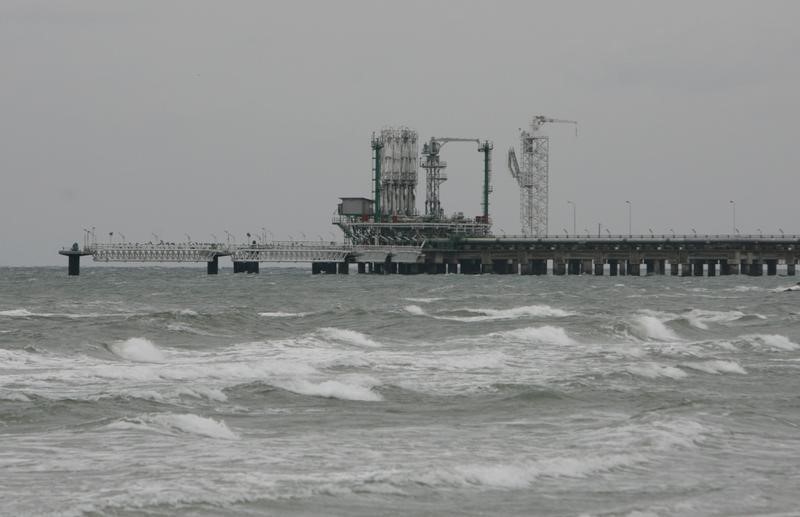(Bloomberg) -- New England is at risk of natural gas shortages this winter amid surging global demand that’s driving up US exports, according to the top federal energy regulator.
Fuel availability “is a primary concern” in the six New England states, the Federal Energy Regulatory Commission said Thursday in its annual winter assessment. Strong demand for liquefied natural gas is keeping prices high, and the region also faces limited pipeline capacity.
However, the fuel shortages that may affect the Northeast won’t affect other regions and power grids across the US are expected to have enough generating capacity to meet demand this winter, FERC said. In part that’s because warmer-than-average weather in much of the country will mean lower energy demand, though the potential for extreme weather events could lead to unexpected spikes in fuel demand.
“Extreme weather can wreak havoc” on power grids, such as the winter storm that left millions of people in Texas in dark for days, FERC Chairman Richard Glick said during a briefing.
Natural Gas Slides to 6-Month Low as US Supply Concerns Ease
Much of the US will experience winter weather that’s warmer than average, thanks to the La Nina atmospheric phenomenon, which is returning for the third consecutive winter, the National Weather Service said Thursday.
The Southwest, the Gulf Coast and eastern seaboard will experience warmer temperatures from December to February. But for the smaller number of people living along the Canadian border, winter temperatures are projected to be colder than average, boosting demand for energy, Jon Gottschalck, chief of the operational prediction branch of NOAA’s Climate Prediction Center, said during a briefing.
Grids are becoming increasingly stressed, battered more frequently by extreme weather. At the same time, the growing use of intermittent renewable energy sources is changing the century-old models for delivering power to customers.
Electricity prices are soaring as prices climb for gas, the leading power-plant fuel. New England is facing the most severe gas crunch because pipeline projects have been squashed, forcing the region to rely on shipped imports to keep up with heating needs on the coldest days.
New England’s reliance on LNG imports during the winter is just “not sustainable,” Glick said.
©2022 Bloomberg L.P.
